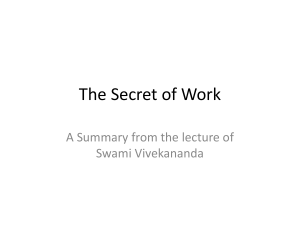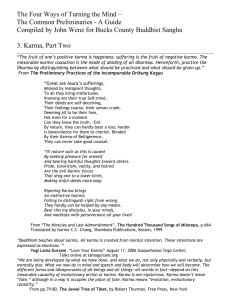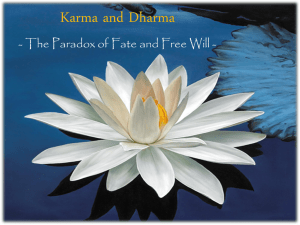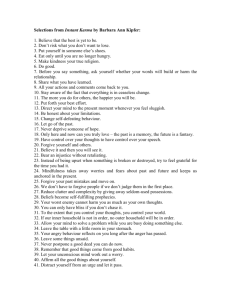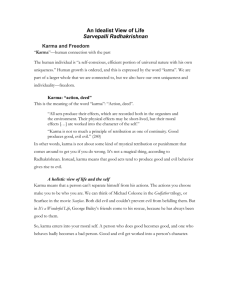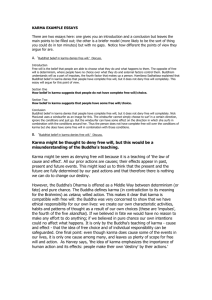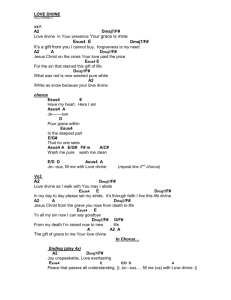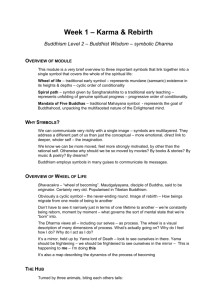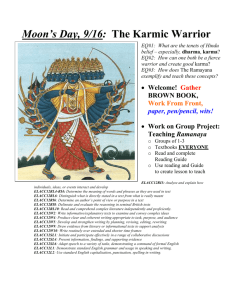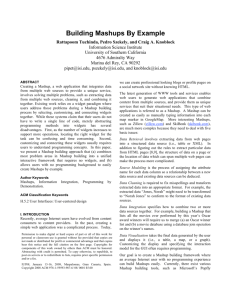Brihadaranyaka Upanishad
advertisement
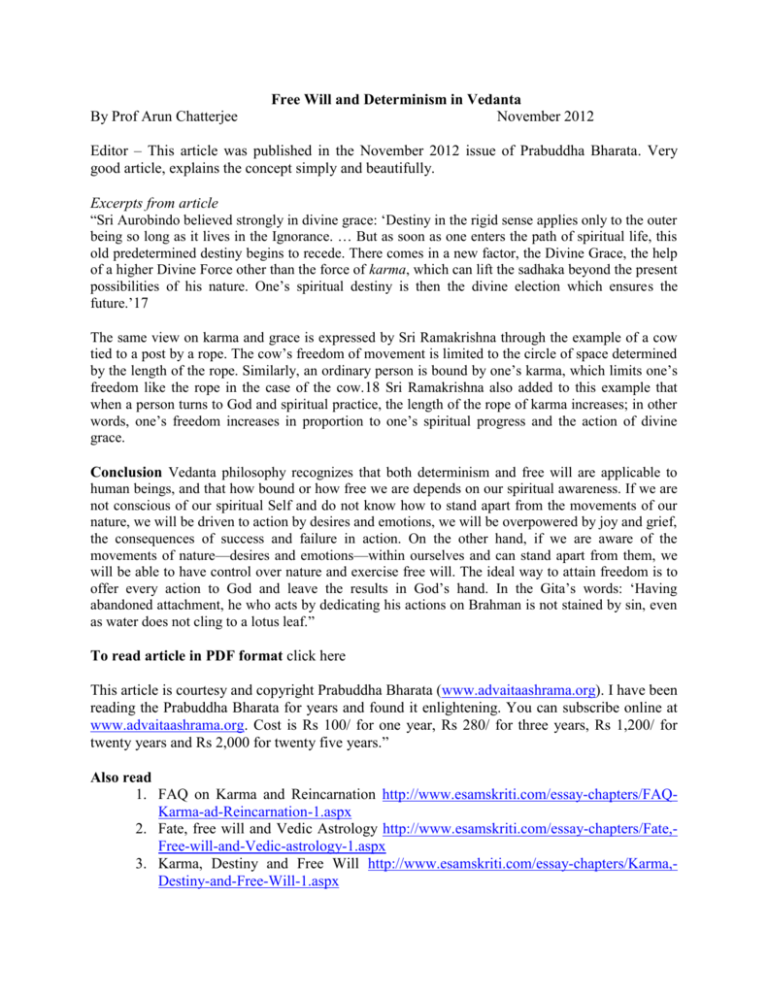
By Prof Arun Chatterjee Free Will and Determinism in Vedanta November 2012 Editor – This article was published in the November 2012 issue of Prabuddha Bharata. Very good article, explains the concept simply and beautifully. Excerpts from article “Sri Aurobindo believed strongly in divine grace: ‘Destiny in the rigid sense applies only to the outer being so long as it lives in the Ignorance. … But as soon as one enters the path of spiritual life, this old predetermined destiny begins to recede. There comes in a new factor, the Divine Grace, the help of a higher Divine Force other than the force of karma, which can lift the sadhaka beyond the present possibilities of his nature. One’s spiritual destiny is then the divine election which ensures the future.’17 The same view on karma and grace is expressed by Sri Ramakrishna through the example of a cow tied to a post by a rope. The cow’s freedom of movement is limited to the circle of space determined by the length of the rope. Similarly, an ordinary person is bound by one’s karma, which limits one’s freedom like the rope in the case of the cow. 18 Sri Ramakrishna also added to this example that when a person turns to God and spiritual practice, the length of the rope of karma increases; in other words, one’s freedom increases in proportion to one’s spiritual progress and the action of divine grace. Conclusion Vedanta philosophy recognizes that both determinism and free will are applicable to human beings, and that how bound or how free we are depends on our spiritual awareness. If we are not conscious of our spiritual Self and do not know how to stand apart from the movements of our nature, we will be driven to action by desires and emotions, we will be overpowered by joy and grief, the consequences of success and failure in action. On the other hand, if we are aware of the movements of nature—desires and emotions—within ourselves and can stand apart from them, we will be able to have control over nature and exercise free will. The ideal way to attain freedom is to offer every action to God and leave the results in God’s hand. In the Gita’s words: ‘Having abandoned attachment, he who acts by dedicating his actions on Brahman is not stained by sin, even as water does not cling to a lotus leaf.” To read article in PDF format click here This article is courtesy and copyright Prabuddha Bharata (www.advaitaashrama.org). I have been reading the Prabuddha Bharata for years and found it enlightening. You can subscribe online at www.advaitaashrama.org. Cost is Rs 100/ for one year, Rs 280/ for three years, Rs 1,200/ for twenty years and Rs 2,000 for twenty five years.” Also read 1. FAQ on Karma and Reincarnation http://www.esamskriti.com/essay-chapters/FAQKarma-ad-Reincarnation-1.aspx 2. Fate, free will and Vedic Astrology http://www.esamskriti.com/essay-chapters/Fate,Free-will-and-Vedic-astrology-1.aspx 3. Karma, Destiny and Free Will http://www.esamskriti.com/essay-chapters/Karma,Destiny-and-Free-Will-1.aspx

